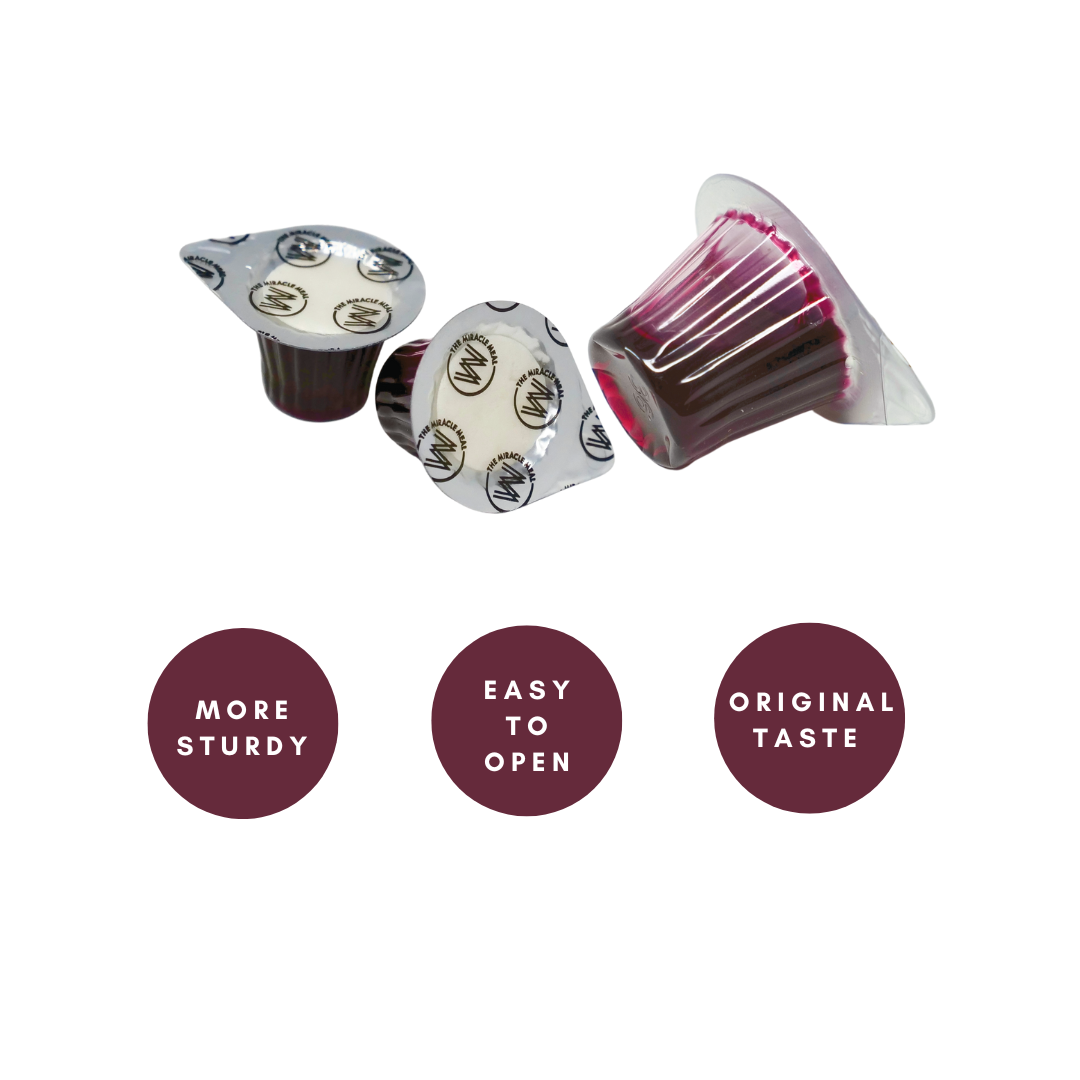Can You Recycle Communion Cups?
Environmental consciousness is increasingly shaping the choices of individuals and organizations alike. Within churches and religious communities, there is a growing interest in adopting eco-friendly practices without compromising sacred traditions.
One common question that arises is whether communion cups can be recycled. Understanding the recyclability of these cups is essential for congregations aiming to reduce their environmental footprint while maintaining the sanctity of their communion services.
Understanding the Materials in Communion Cups
Communion cups are fundamental to many religious ceremonies, providing a hygienic and convenient way to distribute the sacrament. These cups are typically made from plastic materials such as polyethylene terephthalate (PET) or polypropylene (PP), both of which are widely recyclable. The choice of plastic ensures durability and safety for the users.
The design of pre-filled communion cups includes a top film that seals the wafer and a middle foil seal that protects the juice. This packaging ensures that the contents remain uncontaminated until the moment of consumption. Additionally, the cups are designed to be very easy and silent to open, preserving the reverent atmosphere during services.
Understanding the composition of communion cups is crucial when considering recycling options. Knowing that the cups are made from recyclable plastics opens the possibility for congregations to engage in responsible environmental practices without altering their communion traditions.
The Recyclability of Communion Cups
The recyclability of communion cups depends largely on the materials used and the recycling facilities available in your area. Most pre-filled communion cups made from PET or PP plastics are accepted by standard recycling programs. However, certain components, such as the foil seals, may not be recyclable and require special attention.
Before recycling, it’s important to remove the top film and middle foil seal from the cups. These seals are often made of materials that are not accepted in regular recycling streams. Once the seals are removed, any residual juice or wafer fragments should be rinsed out to prevent contamination, which can hinder the recycling process.
Local recycling regulations may vary, so it’s advisable to consult with your municipal waste management services. They can provide specific guidelines on how to properly recycle communion cups and inform you about any requirements or restrictions that may apply.
Best Practices for Eco-Friendly Communion Services
Implementing eco-friendly practices in communion services involves a combination of proper recycling and mindful consumption. Here are some best practices to consider:
Firstly, educate your congregation about the importance of recycling and how they can participate. Providing clear instructions on removing seals and rinsing cups before disposal can enhance recycling efforts. Placing labeled recycling bins in accessible areas encourages participation and makes the process straightforward.
Secondly, choose communion cups that support your environmental goals. Pre-filled communion cups with recyclable plastic not only offer convenience and hygiene but also align with sustainability initiatives. These cups have a shelf life of one year, require no preparation, and feature an easy-to-open design that maintains the solemnity of the service.
Lastly, consider integrating discussions about stewardship and care for the environment into your community activities. Highlighting the connection between faith and responsibility for the Earth can inspire collective action and reinforce the significance of these practices.
Challenges and Solutions in Recycling Communion Cups
While recycling communion cups is beneficial, there are challenges that congregations may encounter. One common issue is contamination due to leftover contents. Even small amounts of juice or wafer residue can disrupt the recycling process. To mitigate this, encourage congregants to thoroughly rinse their cups before placing them in recycling bins.
Another challenge is the variability of recycling programs. Not all facilities accept certain types of plastics or mixed materials. Reaching out to local recycling centers can provide clarity on what is accepted and how to prepare items appropriately. They may offer special programs or resources to assist in large-scale recycling efforts.
Addressing these challenges requires a proactive approach. Establishing a green team or committee within the church can help coordinate recycling initiatives and educate members. Providing resources such as collection stations and informational materials makes participation easier and more effective.
Conclusion
Recycling communion cups is a practical and meaningful way for congregations to embrace environmental stewardship. By understanding the materials involved and adopting best practices, churches can reduce waste and promote sustainability without compromising the sacredness of their services.
At The Miracle Meal, we are dedicated to supporting your commitment to the environment. Our recyclable, pre-filled communion cups are designed for ease of use and responsible disposal. We invite you to visit our online store to explore our communion solutions that align with both your spiritual and ecological values.



